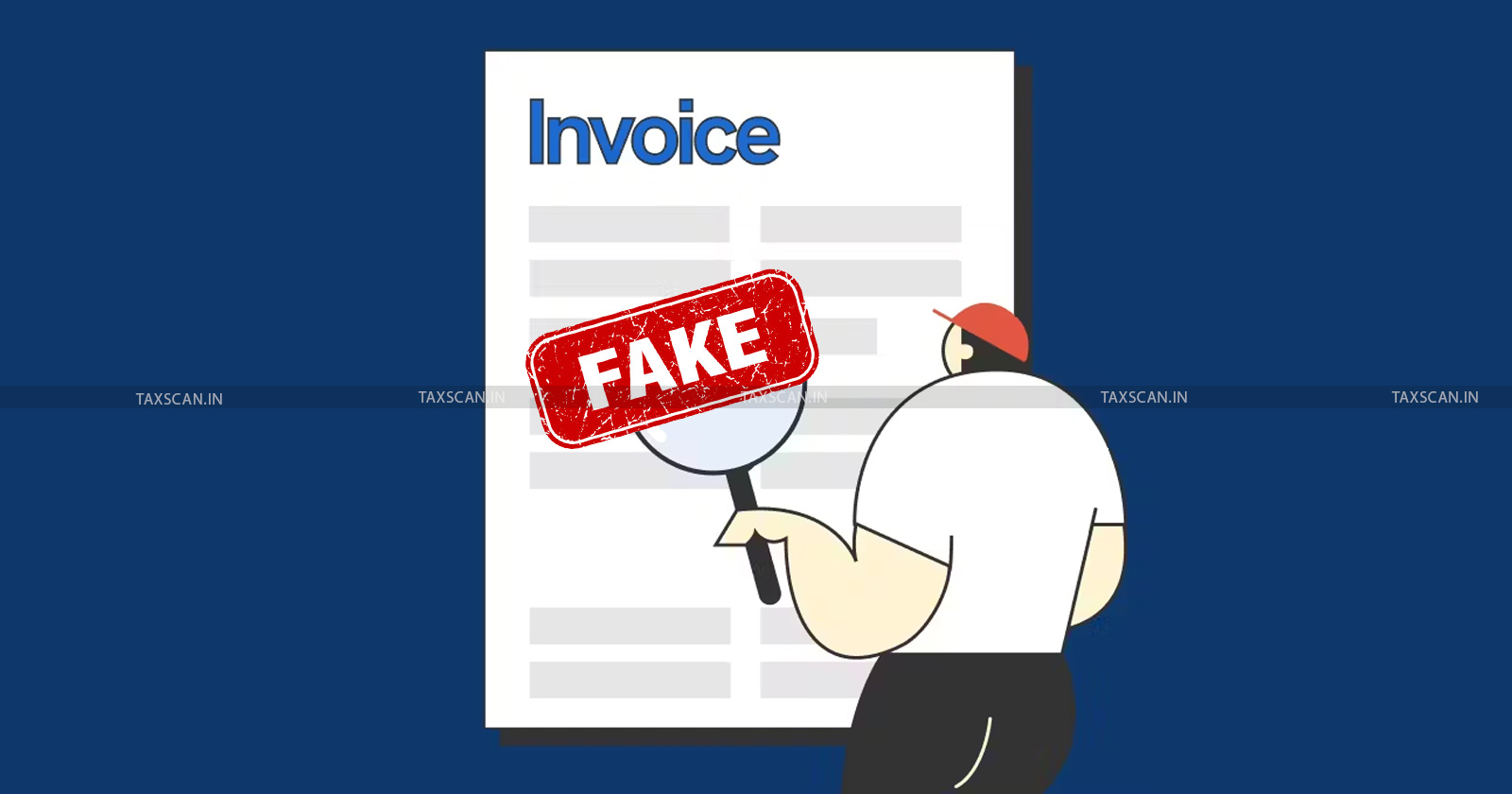Natural Justice u/s 161 TNGST applies only when Rectification is Made, not when Refused: Madras HC [Read Order]
The Madras High Court held that principles of natural justice under Section 161 TNGST apply only when a rectification is made, not when the application is rejected
![Natural Justice u/s 161 TNGST applies only when Rectification is Made, not when Refused: Madras HC [Read Order] Natural Justice u/s 161 TNGST applies only when Rectification is Made, not when Refused: Madras HC [Read Order]](https://images.taxscan.in/h-upload/2025/07/18/2065126-madras-high-court-tngst-natural-justice-taxscan.webp)
In a recent decision, the Madurai Bench of the Madras High Court ruled that the principles of natural justice under Section 161 of the Tamil Nadu Goods and Services Tax (TNGST) Act, 2017, apply only when a rectification is actually made, and not when a rectification application is rejected.
Eminent Textiles Mills Private Limited had filed a writ appeal challenging the dismissal of their writ petition, which sought to overturn an order rejecting their rectification application. The company had initially been assessed for tax, interest, and penalty of Rs. 5.96 crore for the assessment year 2019-20, following a GST audit. A rectification application was filed under Section 161 of the TNGST Act, but it was rejected without a personal hearing.
 Also Read:Wrong Shipment Place in GST E-Way Bill No Ground for Seizure or Penalty: Allahabad HC [Read Order]
Also Read:Wrong Shipment Place in GST E-Way Bill No Ground for Seizure or Penalty: Allahabad HC [Read Order]
The petitioner’s counsel argued that rejecting the rectification application without giving the company a chance to be heard violated the principles of natural justice. They relied on prior rulings, including Suriya Cement Agency v. State Tax Officer and decisions by the Delhi High Court and other benches, to support the claim that a hearing is required before an adverse decision on rectification.
The counsel for the state tax department argued that the law does not require a hearing when a rectification request is denied. He contended that the third proviso to Section 161 applies only when an actual rectification is made that adversely affects a person, not when the request is simply refused.
 Also Read:Mere Absence of Activity at Principal Place Does Not Prove Fake Invoice or Lack of Goods Ownership: Allahabad HC [Read Order]
Also Read:Mere Absence of Activity at Principal Place Does Not Prove Fake Invoice or Lack of Goods Ownership: Allahabad HC [Read Order]
The division bench of Justices G.R. Swaminathan and K. Rajasekar observed that the third proviso clearly applies only when a rectification is carried out, and that rejection of a rectification application does not amount to rectification.
The court observed that a refusal to rectify does not trigger any obligation to hold a hearing, and reading such a requirement into the provision would go beyond the plain meaning of the statute.
The court held that since the rectification was not made, the question of applying the principles of natural justice did not arise. The court upheld the single judge’s decision and dismissed the writ appeal.
The court granted the appellant two weeks to file a statutory appeal against the original assessment order and directed that such an appeal, if filed, must be accepted without reference to the limitation period. The writ appeal was dismissed.
Support our journalism by subscribing to Taxscan premium. Follow us on Telegram for quick updates


